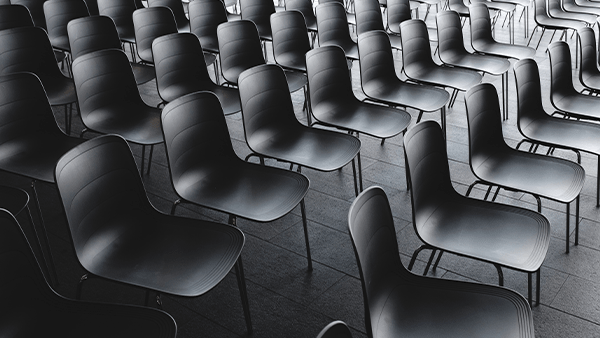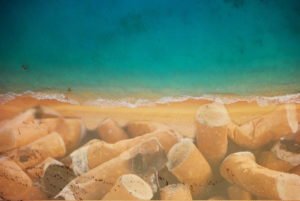

Looking for simple answers to complex problems seems to be the flavor of our times. Well-meant activism manifesting everywhere – often without the necessary fact base. Common sense helps you get off to a good start to reducing your environmental footprint. Strawberries for Christmas? Probably not locally grown in London. Argentinian prime beef covered in Zanzibari spices? Not great for the environment. After the obvious ones, it gets trickier, however. Salmon or avocado? Sausage or cheese? Or indeed, almond milk or your regular, dairy-based swill?
As a society, we are only at the very beginning of assessing the true environmental impact of our daily habits. The only way to be sure is by creating a fact base in the form of carbon footprint calculations that allow facts-based comparisons. We have begun calculating the carbon footprint of all our plants at Wipak. We will then be able to iterate the carbon footprint of all our products. A necessary step to becoming a carbon-neutral packaging company.
In the meantime, there are some simple ways to look out for our planet in our day-to-day:
Since I began writing this post the COVID-19 situation has changed the public discussion around sustainability. Protecting food and extending shelf life while reducing food waste has become a daily topic, while pollution and waste are secondary to public health during a pandemic. At the same time, mother earth’s lungs breathe a sigh of relief as industrial production especially of non-essential goods has plummeted and the world travels more carefully. While public transport is a great idea in normal times, Londoners are well-advised to walk these days.
While we continue to do everything we can to protect fragile food and medical supply chains with our state-of-the-art packaging, my department will continue to work on assessing our environmental footprint. Packaging well and protecting the environment do not have to be a contradiction. I firmly believe we can protect both mother nature and the product on its way to your table!
With best wishes for the health of you and your family,
Hery Henry | Head of Marketing and Corporate Responsibility | Wipak Group